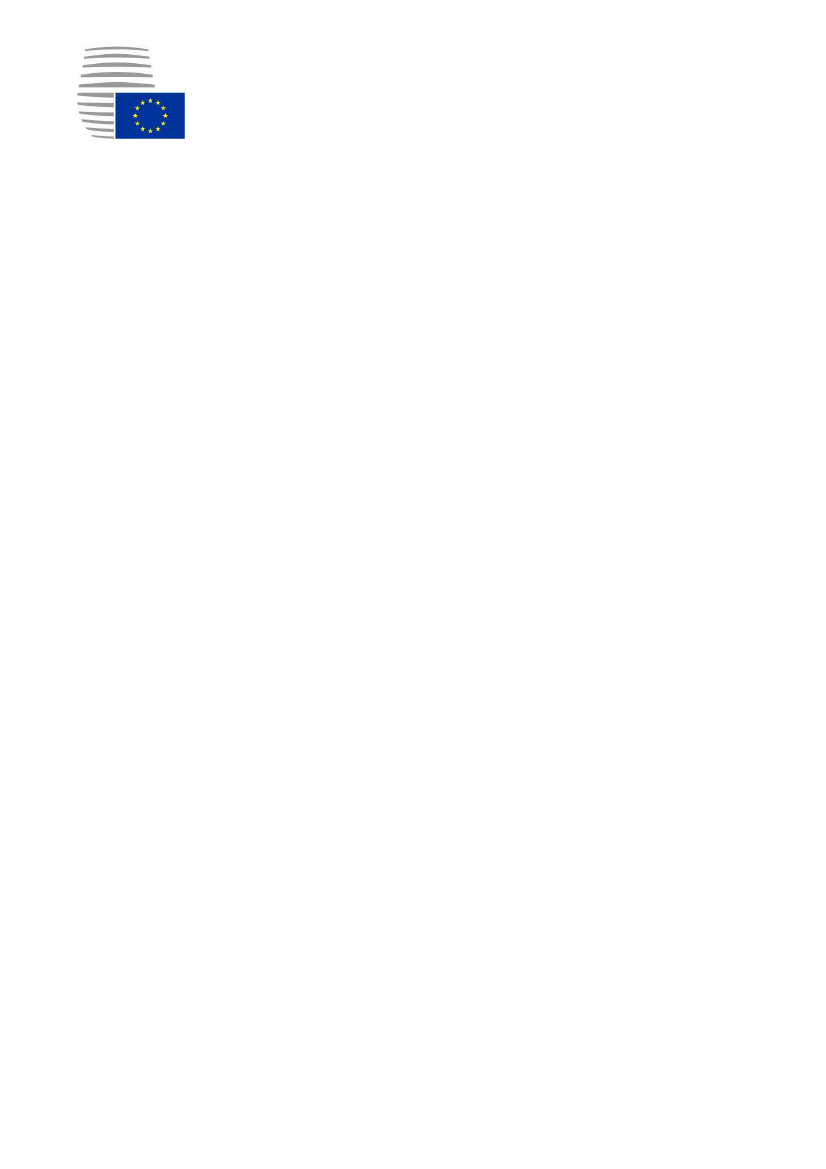
Eurogroup
The President
Lisbon, 3 October 2018
Mr. Malik Azmani, Chairman of the Standing Committee on European Affairs, House of
Representatives of the Netherlands
Mr. Bastiaan van Apeldoorn, Chairman of the Standing Committee on European Affairs,
Senate of the Netherlands
Mr. Erik Christensen, Chairman of the Standing Committee on European Affairs, Parliament
of Denmark
Dear Sirs,
Thank you for your letter of 12 July and the attached documents containing the contribution and
conclusions of the 59th COSAC meeting and the paper from the Dutch COSAC delegation on
making the EU more transparent for its citizens, which I have carefully considered and which feed
into the ongoing reflection on this matter.
You will appreciate that I am responding to your letter in my capacity of the President of the
Eurogroup, and therefore am not in a position to comment on the proposals pertaining to the
Council, the European Council or other EU institutions.
Regarding your suggestions on the application of transparency rules to informal bodies, let me
describe some of the actions that have been undertaken in the Eurogroup in order to improve
transparency and public access to documents submitted to it, as well as outline our intentions on
this subject for the future.
Before doing so, allow me to recall
the Eurogroup’s status, as set out in the Treaties. The
Eurogroup is an informal body in which the ministers of the euro area member states discuss
matters concerning their shared responsibilities related to the euro. It is not an institution of the
Union and does not have any tasks - legislative or other - assigned to it under the Treaties. This
has as a consequence that the accountability for what is being discussed and agreed in the
Eurogroup lies essentially at national level.
Rue de la Loi/Wetstraat 175 - B-1048 Bruxelles/Brussel - Belgique/België
Tél./Tel. +32 (0)2 123 45 67 - www.consilium.europa.eu
1/3